“I’m So Triggered!”
We’ve all heard it—maybe in a meme, a sarcastic tweet, or casual conversation. But what does being “triggered” actually mean?
The term has been widely adopted in popular culture and online spaces, often stripped of its psychological roots and tossed around in ways that downplay its seriousness. In this blog, we’ll unpack what “triggered” really means, explore how it’s often misused, and look at how social media plays a role in diluting its true purpose.
What Does “Triggered” Actually Mean?
People often say they’re “triggered” when they’re annoyed or upset. But in mental health, the word means something very different.
Being triggered is a trauma response. It happens when something reminds someone of a painful or scary event from their past. This reminder—called a trigger—can cause strong emotional or physical reactions. Triggers may lead to panic attacks, flashbacks, or intense fear. Triggers aren’t always obvious. They can be sounds, smells, words, or even certain places. And the response isn’t a choice—it can feel sudden, overwhelming and out of control.
Examples of common triggers might include:
- A loud noise that reminds a veteran of combat
- A certain smell associated with abuse
- A scene in a movie that resembles a traumatic event
These responses are not just discomfort or annoyance—they can lead to panic attacks, dissociation, flashbacks, or other intense emotional responses. For individuals with PTSD (Post-Traumatic Stress Disorder), C-PTSD, or other trauma-related disorders, triggers can disrupt daily functioning and require coping tools to manage.
How People Misuse the Word
You’ve probably heard someone say:
- “That traffic was triggering.”
- “I’m triggered by Mondays.”
- “Triggered much?” (usually sarcastically)
In these cases, people aren’t describing a trauma response. They’re talking about feeling annoyed, uncomfortable, or offended. Restoration & Wellness Practice Director Griszel Long, LCSW, has noticed that the term “has become popularized and is sometimes misused in social contexts, often to describe minor annoyances rather than serious emotional reactions that affect functioning.”
This kind of misuse waters down the real meaning of the word. It makes trauma seem like a joke. It can also make people who struggle with PTSD or anxiety feel dismissed or mocked. Worse, it can turn a legitimate mental health term into a punchline or insult—contributing to stigma instead of empathy.
How Social Media Makes It Worse

Social media platforms have played a huge role in shifting the meaning of “triggered.” Often used in memes or “call-out” culture, it’s become shorthand for overreaction, weakness, or hypersensitivity. It’s often used to mock people who express emotion, vulnerability, or discomfort, especially around sensitive topics like identity, social injustice, or mental health topics.
This creates three big problems:
- It makes trauma seem dramatic or fake.
- It shames people for having emotions.
- It spreads confusion about real mental health issues. It blurs the line between clinical symptoms and everyday frustrations, making it harder for people to know when to seek help—or feel safe doing so.
When trauma becomes a punchline, people may stop sharing what they’re going through. They may feel embarrassed to ask for help.
Why Language Matters
Words carry weight. Words shape how we view mental health. When we casually use clinical terms like “triggered,” “traumatized,” or “OCD” the wrong way, we make it harder for people to speak up about what they’re feeling.
We also risk creating a culture that laughs at vulnerability instead of supporting it. For those working through trauma, hearing their experiences used as slang or as an insult can feel isolating and invalidating. Restoration and Wellness Practice Director, Griszel Long, LCSW, agrees. She believes that “understanding the term in its original context can foster more respectful discussions about mental health.”Using “triggered” the right way helps validate people’s experiences. It opens the door for deeper conversations and real healing. If we want to build a more compassionate and mentally healthy society, we need to choose our words carefully—and make room for people to express pain without ridicule.
What You Can Say Instead
If you feel overwhelmed, anxious, or upset—but not triggered by trauma—you can say:
- “This is making me anxious.”
- “That topic is hard for me.”
- “I need some space to think.”
- “I’m uncomfortable with that topic.”
- “I need to take a break—that was overwhelming.”
These phrases name the emotion without misusing mental health language. And if someone else says they’re triggered, try responding with compassion rather than skepticism or sarcasm.
Final Thoughts
The word triggered deserves care and respect. It’s not just slang or social media talk—it’s a real term that describes real emotional pain. Reclaiming its meaning doesn’t mean policing language—but it does mean being intentional. Using the word accurately helps create space for healing, reduces stigma, and promotes empathy.
Let’s be more mindful about how we use it. And let’s create space for people to be honest about what they’re going through.
Do you or does someone you know need support working through trauma?

At Restoration & Wellness Counseling and Psychological Services, we provide trauma-informed care for teens, adults, families and couples.
📍 Fort Washington & Royersford, PA
💻 In-person & secure telehealth appointments
You don’t have to manage this alone. We’re here to help.
Contributing Therapist:

Griszel Long, LCSW
Areas of Expertise Include:
Complex Trauma, Individual and Family/Systems work
“I have a genuine passion for the work I do. I have significant experience helping individuals and families address mental health challenges that come with simply being human.”

Explore how Restoration & Wellness therapists can support your journey toward mental well-being.
We offer free consultations so you can find the right therapist for you!
Schedule a Visit
-
What is OCD? It’s More Than Being “Neat”: Understanding the Reality Behind the Label
We’ve all heard someone casually say, “I’m so OCD!” because they like their desk organized or their closet color-coded. But…
Fort Washington Location
223 Summit Avenue
Fort Washington, PA 19034
United States
Royersford Location
830 Chestnut Street
Royersford, PA 19468
United States
Pages
Proudly powered by WordPress








